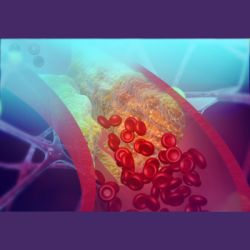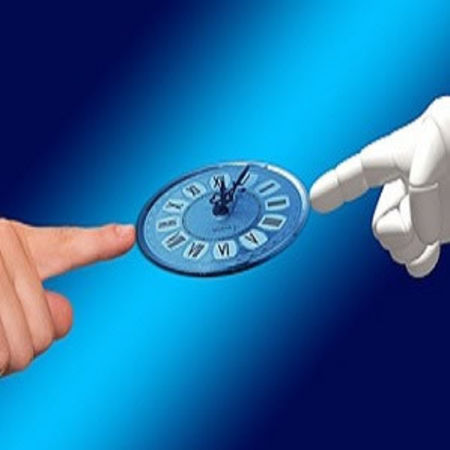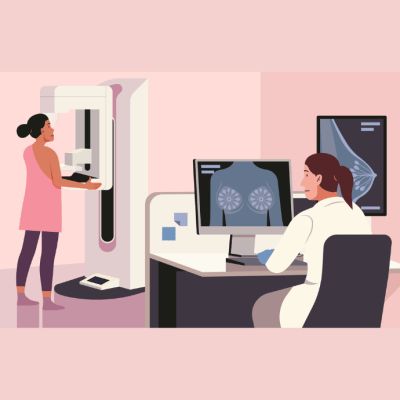The impact of artificial intelligence technology is becoming more widespread in healthcare. However, rather than feeling threatened by this emerging technology, the medical community should embrace its achievements, writes Dr. Bertalan Mesko (who has a PhD in genomics) in a blog post.
Deep learning techniques, for example, are now being used to analyse radiology images in order to spot and detect problems faster and more reliably. This trend has alarmed many radiologists who fear that AI systems may force them out of their jobs. But Dr. Mesko believes artificial intelligence will not replace radiologists. Rather, as he points out, those radiologists who use AI will replace the ones who don’t.
Curtis Langlotz, Professor of Radiology and Biomedical Informatics at Stanford University, compared the situation to that of the autopilot in aviation. The innovation did not replace real pilots, it augmented their tasks. Hence, the combination of humans and machines is the winner solution. And it will be the same in healthcare, says Dr. Mesko.
Automation is necessary especially as radiologists need to go through more and more images every day. If algorithms can be trained to spot and detect many types of abnormalities based on radiology images, then we should let it do the time-consuming job so we can let radiologists dedicate their precious focus to the hardest issues, the doctor continues.
According to Bradley Erickson, Director of the Radiology Informatics Lab at Mayo Clinic, if you look at the frequency of findings and diagnosis on medical images, "there are the common ones where AI could help, but there is a really long tail, uncommon but really important things that we cannot miss." He believes that it is going to be difficult for deep learning algorithms to identify those.
Anna Fernandez, Health Informatics/Precision Medicine Lead at Booz Allen Hamilton, estimated that within three years there will be many machine learning algorithms in active clinical pilot testing and in approved use. Within this time frame, there will be a low dose CT lung cancer machine learning/deep learning algorithm output added to the radiology’s toolkit for assessing an individual’s risk of lung cancer (complement or added to LUNG-RADs or similar guidelines), she added.
All in all, research trends and experts underline how AI will revolutionise radiology in the long term. As Erickson put it, "rather than pushing off machine intelligence as being a threat to their job, instead, radiologists should engage it, because it’s something that can really help patients. I’m sure it will dramatically change what radiologist do over the next ten years, but you should also keep in mind that eventually, radiology ten years ago was nothing like what it is today."
Source: The Medical Futurist
Image Credit: Pixabay
Latest Articles
Radiology, Artificial Intelligence, emerging technology
The impact of artificial intelligence technology is becoming more widespread in healthcare. However, rather than feeling threatened by this emerging technology, the medical community should embrace its achievements, writes Dr. Bertalan Mesko.



























